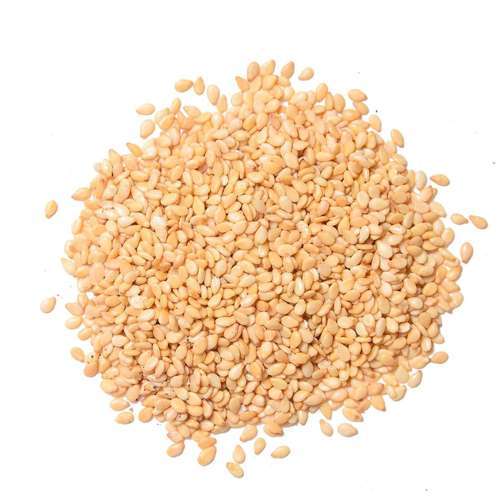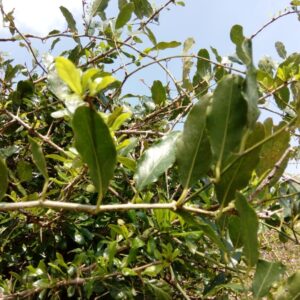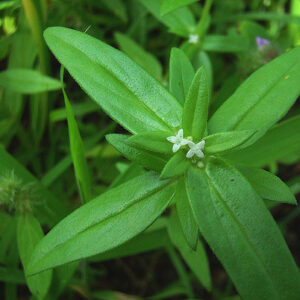Description
SESAMUM ( SESAMUM INDICUM)
Sesame is sometimes used for diabetes, high cholesterol, heart disease, and many other conditions, but there is no good scientific research to support these other uses. In foods, sesame oil is used as cooking oil and to make dressings and sauces. Sesame seeds are added to food for flavoring.
Sesame, (Sesamum indicum), also called benne, erect annual plant of the family Pedaliaceae, grown since antiquity for its seeds, which are used as food and flavouring and from which a prized oil is extracted.
It is mildly laxative, emollient and demulcent. The seeds and fresh leaves may be used as a poultice. The antibacterial activity of seeds against Staphylococcus and Streptococcus as well as common skin fungi, such as athlete’s foot fungus has also been well recognized.
Health and Nutrition Benefits of Sesame Seeds
- Good source of FiberMay Lower cholesterol and Triglycerides.
- Nutritious Source of plant protein.
- May support healthy bones.
- May reduce Inflammation.
- Good source of B Vitamins.
- May Aid blood cell formation.
- May Aid Blood sugar Control.
- Rich in Antioxidants.
- May support Your Immune System.
- May Soothe Arthritic Knee Pain.
- May Support Thyroid Health.
- May Aid Hormone Balance During Menopause.
- Easy to Add to your Diet.







